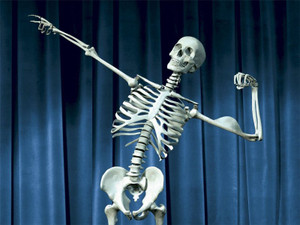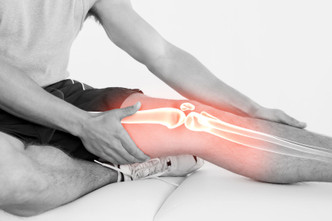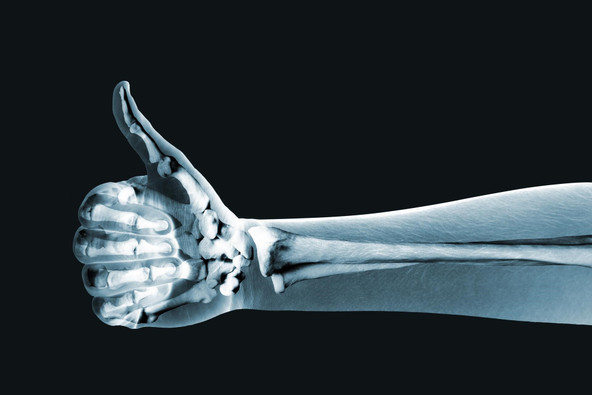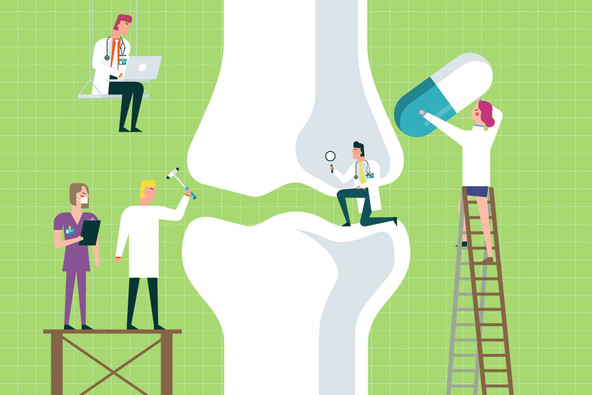Jan 23rd 2024
The Osteoporosis Drug Hoax
. . . when it comes to bones, its quality, not density, that matters most Many women are scared into taking toxic drugs when their Bone Mineral Density (BMD) tests show a thinning of bones after menopause. This bone-loss is a natural process caused by loss of estrogen. It's estimated to affect more than half of white, postmenopausal women in the US and generally plateaus in a few years as the body adjusts to lower estrogen levels. Yet it's been pathologized as "osteopenia," a supposedly pre-osteoporotic condition that increases risk of fractures. In fact, the actual increased fracture risk associated with osteopenia is negligible. Even the conservative British Medical Journal has published articles questioning the validity of treating osteopenia as if it were a disease diagnosis. Although for avoiding fractures it's better to have thick bones than thin bones, quality of bone is much more important than quantity (density). Japanese women, for example, have thinner bones than Am…
read more Fuel your life with the purest vitamins
Fuel your life with the purest vitamins



